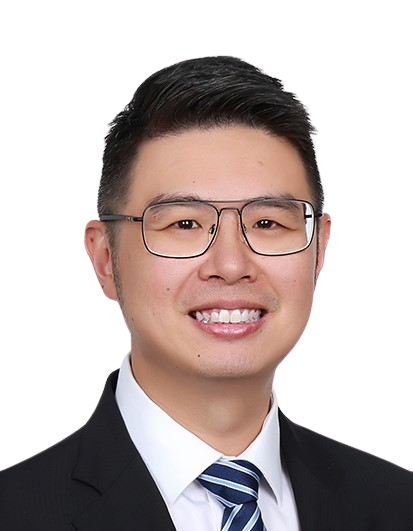
Ronald Tan
Head of Fund Services, Intertrust Singapore
Fund managers in Asia increasingly accept that their ambitious growth targets are only achievable with tailored technology
Modern fund managers oversee complicated portfolios of diverse businesses. Their investors are likely to come from different countries with different regulatory requirements. Any holding companies they create may be of contrasting structures.
Fund managers are dealing with a complex network of interests, while searching for the next unlisted business with value creation potential.
For those reasons, many now accept that the only way for back-office functions to keep pace is through the more comprehensive use of technology.
They acknowledge that private capital in Asia has a significant technology gap. They’re just not always sure how to fill it.
Basic technology no longer enough for private capital in Asia
Private capital is a growing sector in Asia and has emerged at a time of rapid growth.
While new managers look to cloud-based accounting software – such as Xero – as the application of choice, larger institutional players, moving to private capital from hedge funds and public markets, continued using legacy infrastructure as a stop gap solution.
However, fund managers of all sizes are coming round to the fact that their systems can no longer keep up with the growing volume of transactions.
Basic systems coupled with lean operations teams means it’s becoming increasingly challenging to handle the in-depth data that investors and regulators want. Additionally, silos between systems, partners and providers makes it hard for information to flow seamlessly.
Technology has become an obstacle to expansion when it should be the driving force to simplify operations.
Every private fund in Asia needs its own solution
If fund managers in Asia are conscious of the need for better, more tailored technology, what exactly is it they require?
Standardised plug-and-play systems that ideally work equally well for everyone are not truly available – at least not yet. One size will not fit all because every fund is unique. To some extent, every fund wants something different.
All of which means time-pressed fund managers are presented with a large and growing array of solutions, with little idea of which might be the best fit for their individual circumstances.
Private capital in Asia responding to pressures
Different operational functions often have different priorities, even within the same private equity firm.
One may want little more than a data repository. Another, with more complex requirements, may want the efficiency savings that automation can bring.
Either way, the earlier that funds start out on the path to modernisation the better. Although in this climate, inevitably, many are being reactive rather than proactive.
They are responding to pressures that are accumulating at rapid speed.
A decision about more than software
With that in mind, fund managers in Asia need to guard against making quick decisions without considering the longer-term requirements and anticipated changes with growth.
Choosing new technology solutions is about more than software and equipment. It’s also about having the resources to manage and maintain it.
It’s about integrating it with the wider fintech ecosystem and being able to scale at speed. Whilst also having the confidence that the systems are deployed, managed and upgraded periodically by experienced professionals, that continuity is ensured and that cybersecurity measures are in place.
As far as the technology’s purpose is concerned, the priority at the moment is data collection, storage, validation and reporting.
Software that automates these processes – and takes away the risk of human error – is the big leap all private equity funds should be considering now.
There will be a role for artificial intelligence (AI) and machine learning in future, teaching systems to read and analyse data more efficiently, as well as identify trends and anomalies. But that is one step down the line.
Fund managers in Asia need timely and accurate information
For the moment, fund managers in Asia mostly need timely and accurate global information, gathered from multiple diverse sources and presented in a way that is easy to interpret and easy to report.
Whether they outsource these systems or invest in their own resources, they need systems that can be tailored to their individual requirements and that can grow with them.
For now, that’s where the technology gap is widest. Private equity managers in Asia are looking to the future and imagining where their funds could be in two, three or five years.
Perhaps for the first time, they realise that getting there will only be possible with better, faster and more tailored technology infrastructure and support.
Why Intertrust Group?
- As a strategic partner, our proprietary innovative technologies are combined with global knowledge and experience to deliver added-value services catering for all asset classes, while increasing manager visibility of portfolios on behalf of a fund’s investors.
- Our expert teams harness tools and cutting-edge technologies to eliminate costly errors in the handling of fund administration and corporate actions, investor relations and portfolio management.
- Intertrust Group is a publicly listed company with 70 years’ experience in providing world-class trust and corporate services to clients around the globe.